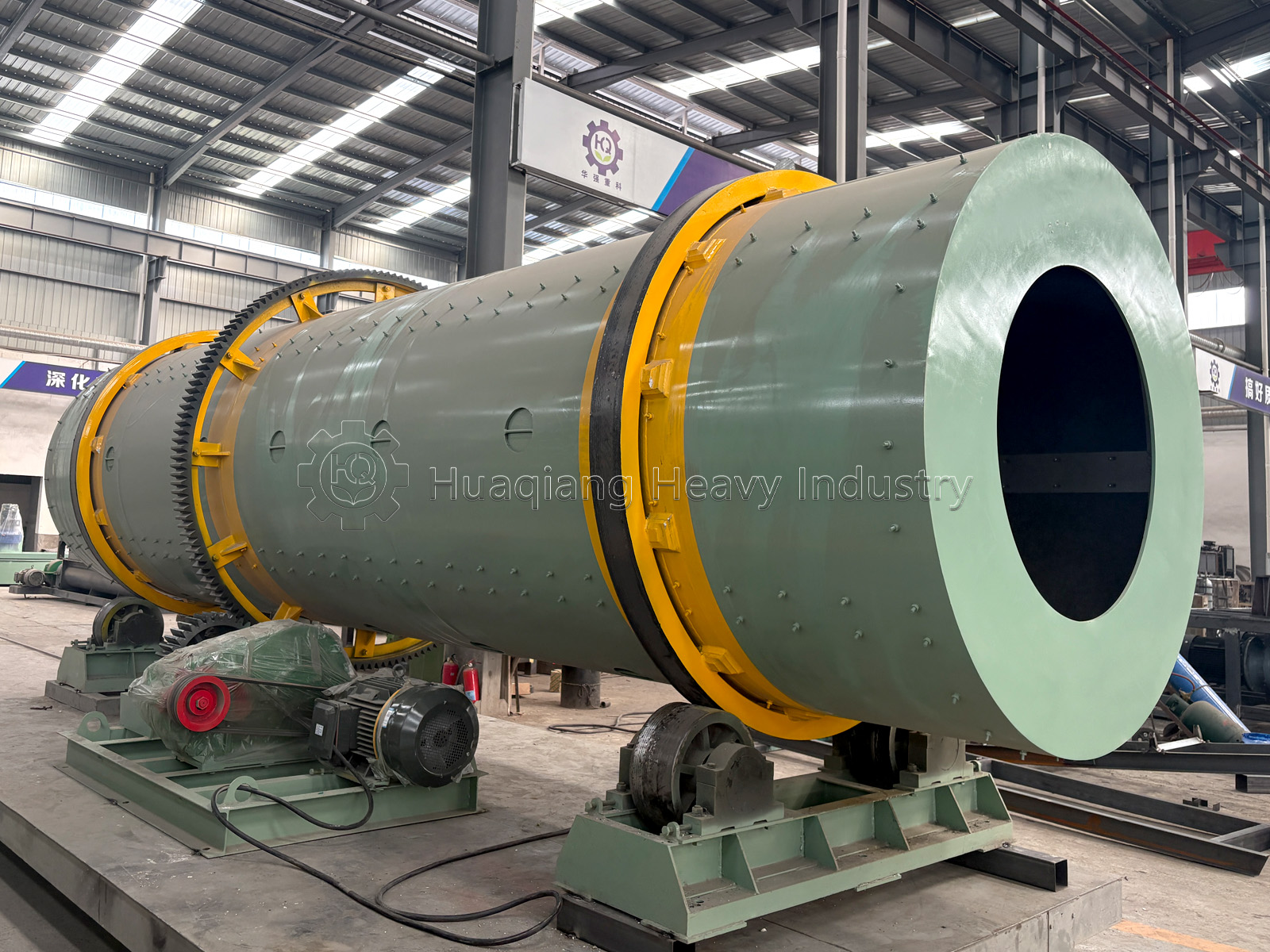
Equipment Applicability and Production Scope
The rotary drum granulator performs most effectively in NPK production lines, particularly suitable for producing compound fertilizers. This fertilizer production machine efficiently processes various raw material combinations through drum granulation technology, making it an indispensable core component in modern NPK fertilizer production technology.
Main Raw Materials and Formula Requirements
In the NPK manufacturing process, the drum granulator primarily processes basic raw materials such as nitrogen, phosphorus, and potassium sources, including urea, ammonium sulfate, monoammonium phosphate, and potassium chloride. Unlike traditional fertilizer compaction processes, drum granulation doesn’t require high-pressure fertilizer compaction machines, instead forming granules through an agglomeration principle.
Compared to fertilizer granules compaction technology, the rotary drum granulator is more suitable for processing raw materials containing organic matter, producing fertilizer granules with a looser structure that are more easily absorbed by crops.
Detailed Production Process Flow
The complete NPK fertilizer production process begins with raw material pretreatment. During drum granulation, materials are precisely proportioned before entering the mixer to ensure uniform ingredient distribution. The material is then fed into the rotary drum granulator through a feeding device, forming granules under the rotating action of the drum.
In the fertilizer production machine system, the process parameters of the drum granulator require precise control:
· Drum rotation speed: 10-20 RPM
· Tilt angle: 2-5 degrees
· Water addition amount: Adjusted according to raw material characteristics
· Particle diameter: Adjustable between 1-6 mm

Production Requirements and Technical Advantages
The NPK production line requirements for the rotary drum granulator include controlling raw material particle size between 0.1-1 mm and achieving mixing uniformity above 95%. Advanced NPK fertilizer production technology requires precise control of binder addition during granulation to ensure appropriate particle strength.
Compared to traditional fertilizer compaction processes, the rotary drum granulator offers advantages of lower energy consumption, regular particle shape, and uniform nutrient distribution in the NPK manufacturing process, making it the preferred choice for modern fertilizer production machines.
Post-processing and Quality Assurance
In the NPK fertilizer production process, wet granules after granulation require immediate drying to reduce moisture content below 10%. The cooling and screening stage ensures particles reach room temperature, with screening equipment separating non-conforming particles. The quality control system throughout the NPK production line ensures the excellent quality of the final product.
By optimizing drum granulation process parameters, NPK fertilizer production technology continues to advance, providing efficient and environmentally friendly fertilizer solutions for global agriculture. The innovative application of this fertilizer production machine promotes the development of the fertilizer industry toward more sustainable directions.